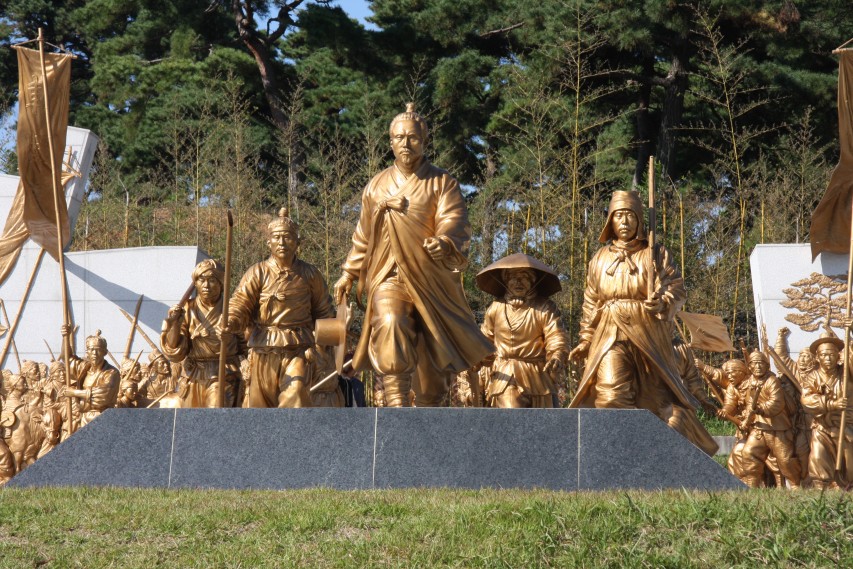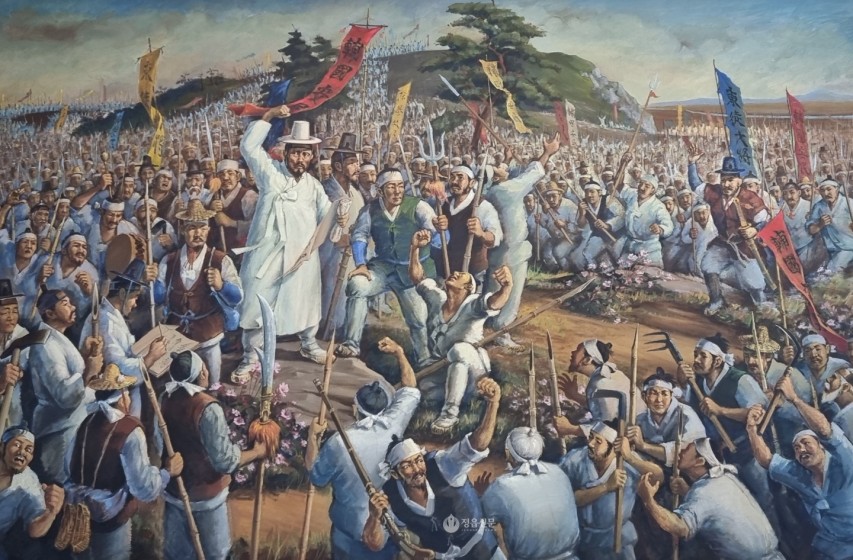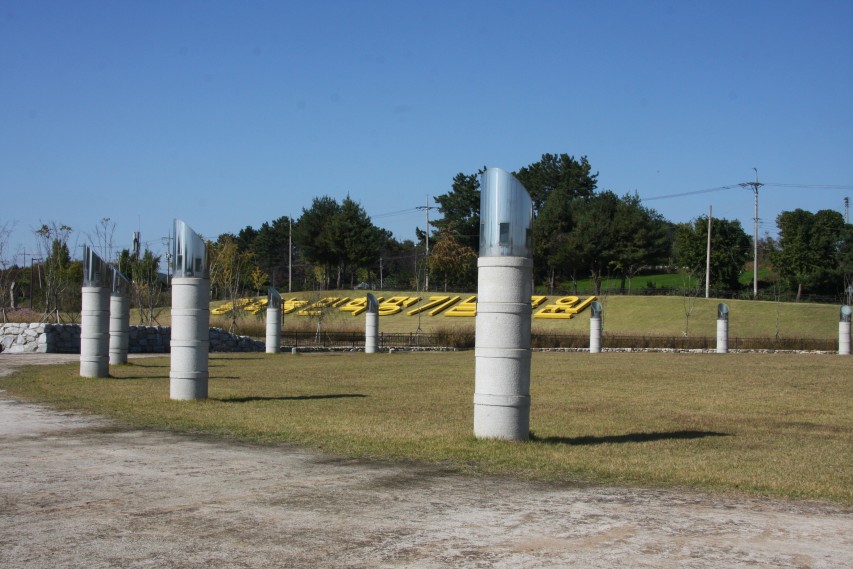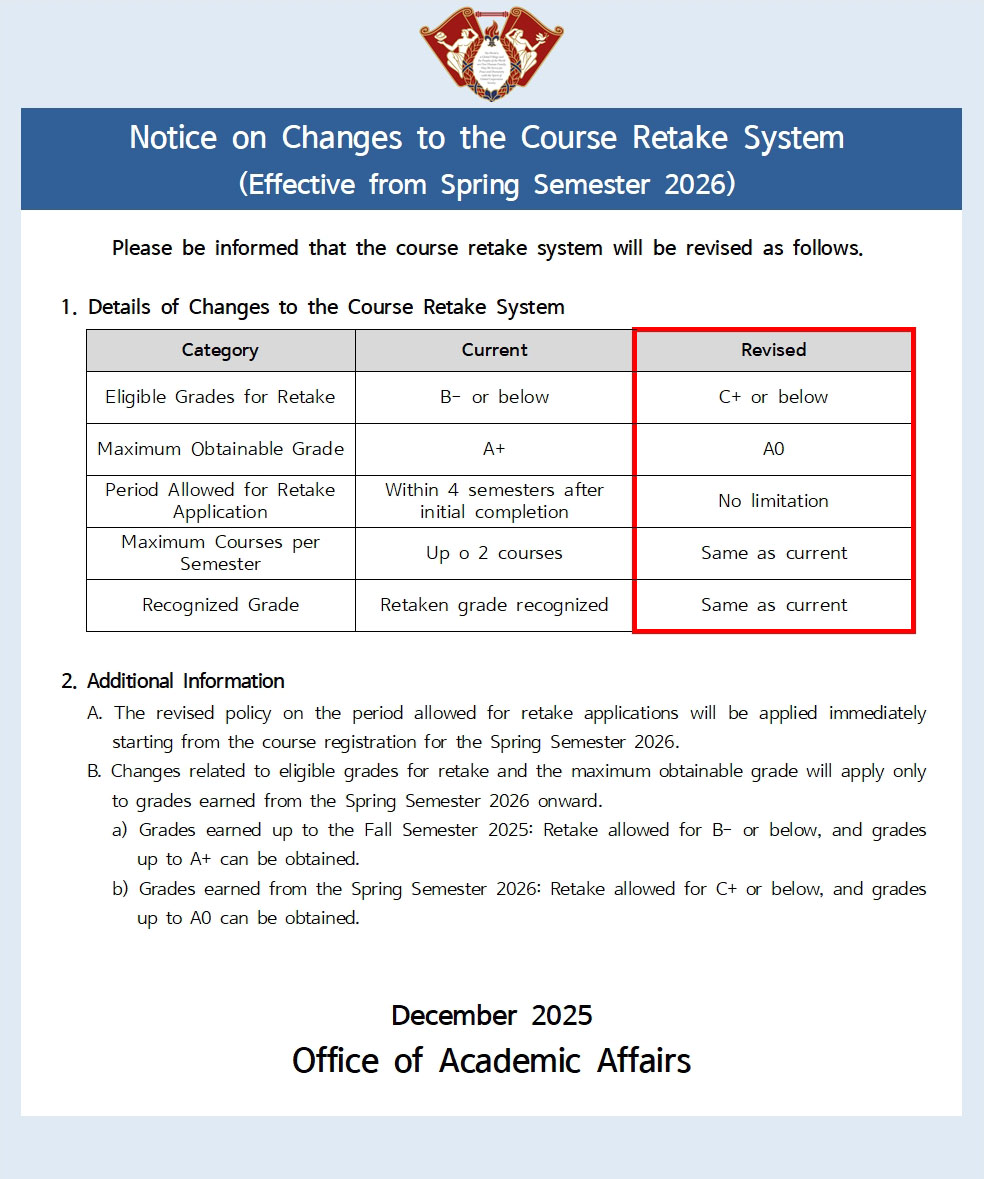[Culture] Remembering the Donghak Peasant Revolution: 130 Years of Korean Modernity
Painting of the first uprising in February 1894 Photo: Jeongeup News (jnewsk.com)
The year 2024 marks the 130th anniversary of the Donghak Peasant Revolution, a pivotal moment in Korean history. Recognized as the first modern social movement in Korea, the revolution was driven by the oppressed classes advocating equality, social reform, and national sovereignty. To commemorate this milestone, the 130th Anniversary of the Donghak Peasant Revolution ceremony was held on May 11 at the Donghak Peasant Revolution Memorial Park.
The Donghak Peasant Revolution: Foundation of Modern Values
The Donghak was established in 1860 by Choe Je-u, a philosopher in the late Joseon Dynasty. During his travels across the country, he witnessed a chaotic civil society plagued by rampant corruption, the failure of traditional leadership, and the collapse of moral and social values. Based on these experiences, Choe sought to create a new ideology that would restore order and provide hope.
A central tenet of Donghak is Innaecheon, which means within the human, you will find God. This principle posits that all humans are divine and equal, contributing to the development of modern ideas of human rights and equality in Korea. This compelling message quickly resonated with Joseon’s peasant farmers, inspiring them to mobilize for change.
The Two Uprisings of the Donghak Peasant Revolution
The Donghak Peasant Revolution unfolded in two distinct uprisings between 1894 and 1895.
The first uprising began in February 1894, as peasants and Donghak followers rose against corrupt officials, demanding social reforms. The Joseon Dynasty viewed this uprising as a rebellion and deployed its army to suppress the movement. Nonetheless, in May 1894, the government forces were defeated by the peasant army at the Battle of Hwangtohyeon. However, the movement paused in June 1894 when peasant leaders negotiated a truce with the Joseon government, as foreign powers—China and Japan— intervened under the pretense of maintaining order.
The second uprising started in September 1894, as the peasant army regrouped to protect Joseon’s sovereignty from Japanese imperialist forces. However, armed with traditional weapons, the peasant army was no match for the modernized Japanese forces. The peasants suffered a devastating defeat in the Battle of Ugeumchi in November 1894, leading to the permanent disbandment of the peasant army. Most revolutionary leaders were subsequently arrested, and the revolution came to an end.
Despite its failure, the revolution left an important legacy on Korean society. Through the first uprising, Korean people were introduced to modern concepts such as equality, human rights, and social justice, laying the groundwork for future democratic movements. The second uprising instilled a strong sense of national sovereignty. After Japanese annexation of Korea in 1910, this legacy helped inspiring widespread independence movement aimed at reclaiming sovereignty from Japanese rule.
In 2023, the historical significance of the Donghak Peasant Revolution was formally recognized by the United Nations Educational, Scientific and Cultural Organization which nominated the heritage and archives of the movement for inclusion in the Memory of the World Register.
Honoring the Legacy in Jeongeup
To commemorate the revolution and honor the peasant army, the Donghak Peasant Revolution Memorial Foundation opened the Donghak Peasant Revolution Memorial Park on May 11, 2022. Situated in the Hwangtohyeon area of Jeongeup, Jeollabuk-do, where the first uprising began, the park offers visitors an immersive experience of this historical period.
At the entrance, Sabaltongmun Plaza greets visitors with a symbolic display of equality. The Sabaltongmun, written by leaders of the revolution, is a circular document on which names are signed in a rounded formation to prevent identification of its primary instigators. Sabaltongmun Plaza’s circular design symbolizes Donghak’s principle of equality for all people.
The Sabaltongmun Plaza
Following the main path, visitors will find the Donghak Peasant Revolution Memorial Hall and the Museum. The memorial hall in the Museum showcases special exhibitions, and the museum features original artifacts and chronological displays that vividly recount the revolution’s history. The Memorial Hall is a place to express condolences to those who participated in the revolution.
Continuing along the main path, visitors will reach the Field of Memories, the actual site where the Battle of Hwangtohyeon took place. This area recreates the setting of the battlefield, allowing visitors to imagine the fierce struggle of the peasant army.

The monument statue at the Field of Memories
Through these monuments, historic sites, and exhibits, visitors can immerse themselves into the history of the revolution.
The Overlooked Heroes of Donghak Peasant Revolution
Despite the significant meaning of the revolution, the members of the peasant army have not been officially recognized as national heroes or patriots by the Korean government. This stems from two key challenges.
Firstly, the revolution was long perceived as merely a rebellion against authority rather than as a significant social movement. Even today, the true significance of the revolution remains unknown among the public.
Secondly, the second uprising of the revolution has not been fully recognized as part of Korea’s anti-Japanese independence movement.
The Special Act on the Restoration of Honor for Participants in the Donghak Peasant Revolution, enacted in 2004 and most recently revised in 2018, did not grant the peasant army members official status as patriots.
Nonetheless, national efforts to honor their contributions are ongoing. In an article published on August 7, 2024, The JoongAng reported that the Anti-Japanese Independence Movement Base Establishment Act has been proposed to formally acknowledge the anti-Japanese independence efforts of the second uprising and to honor its participants as independence fighters.
The Donghak Peasant Revolution was a transformative movement that challenged social hierarchies, introduced modern values of equality and human rights, and instilled a sense of national sovereignty in Korean society. As we commemorate its 130th anniversary, the revolution serves as a reminder of the enduring struggle for justice and the importance of recognizing those who fought for a better future. People who visit the site to commemorate the 130th anniversary of the revolution will be able to experience the revolution more realistically and deeply.
There are no registered comments.
I agree to the collection of personal information. [view]




